Lloyds' boom-era bosses sue bank for bonuses
Eric Daniels and Truett Tate claim they should have received a full payout in 2012
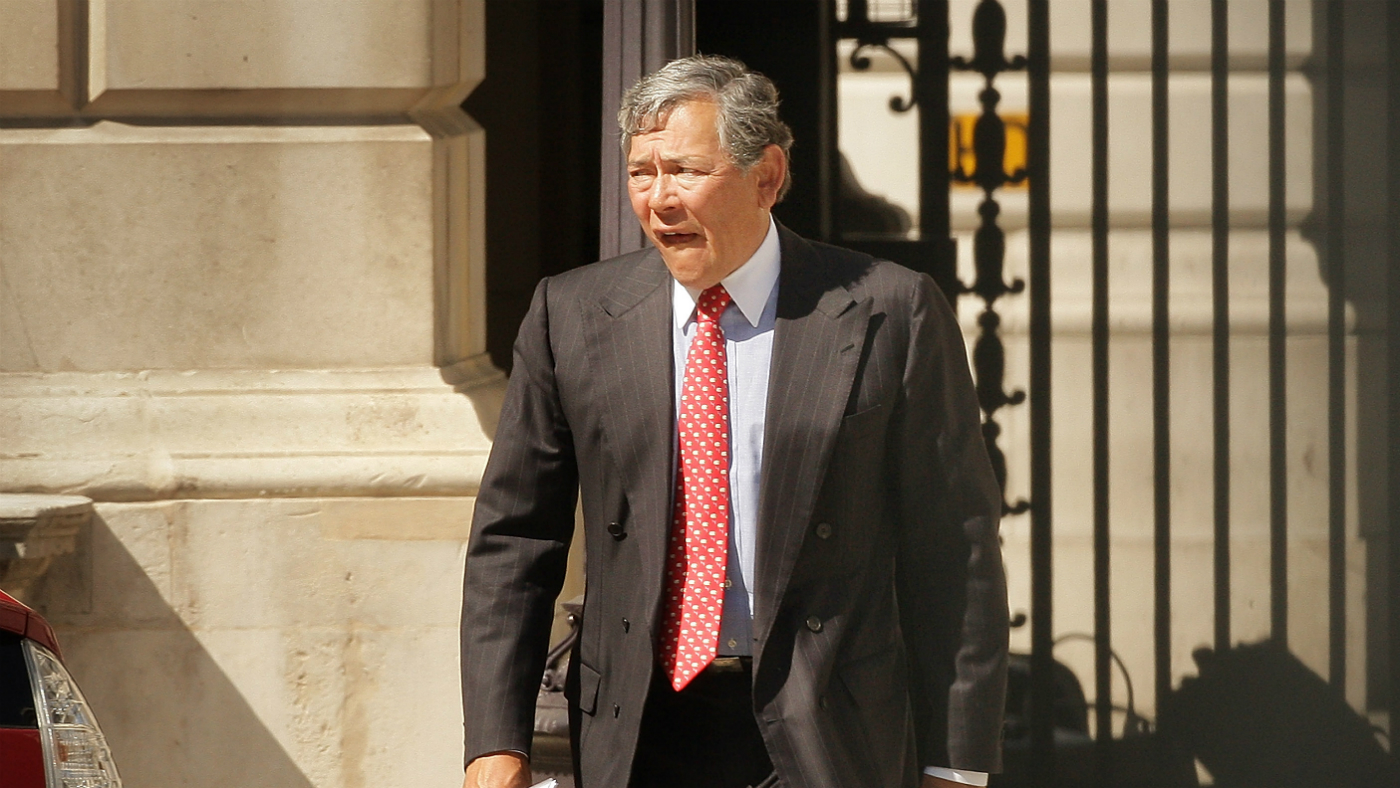
A free daily email with the biggest news stories of the day – and the best features from TheWeek.com
You are now subscribed
Your newsletter sign-up was successful
Lloyds slump: bargain opportunity or bearish sign?
15 January
Shares in Lloyds Banking Group have been locked in a falling trend so far in 2016, continuing a negative run that set in during the final two months of last year.
After a sharp fall yesterday in the wake of a downgrade by high-profile analyst Exane BNP Paribas, the stock was dropping again this morning, by 0.5 per cent to a little more than 66p. This means it is well below the 73.6p needed to break even on the Labour government's 2008 bailout investment, the floor that has been set before the present government can resume selling down the taxpayers' stake.
The Week
Escape your echo chamber. Get the facts behind the news, plus analysis from multiple perspectives.

Sign up for The Week's Free Newsletters
From our morning news briefing to a weekly Good News Newsletter, get the best of The Week delivered directly to your inbox.
From our morning news briefing to a weekly Good News Newsletter, get the best of The Week delivered directly to your inbox.
But is the current slump, which comes amid a torrid period for the banking sector more widely, an opportunity to retail investors to buy in at a bargain price and make strong gains in the months ahead? Or is it a bearish sign that is presciently anticipating tougher times ahead following a period of recovery that saw the bank reinstate dividend payouts last year?
It is the latter case - the one set out by Exane BNP's Jonathan Pierce (see below) - which is currently gripping the market. It is based on an assumption that Lloyds's massive mortgage book will yield lower profits in future because of low interest rates and a clampdown on buy-to-let lending, as well as ever-more penalties relating to past wrongdoing.
Pierce lowered his price target to 74p - well below the optimistic assumptions of many last year of closer to 100p and a price that would leave the discounted retail share sale promised by the government yielding a loss.
But in truth, the majority of brokers remain positive, pointing to improving earnings and the potential for impressive distributions from excess capital to shareholders. The bank already has more than enough of a capital buffer to meet regulatory requirements and that has brought hopes of quarterly dividends being maintained and even a special dividend in annual results.
A free daily email with the biggest news stories of the day – and the best features from TheWeek.com
According to the Financial Times, just four out of 28 brokers currently have Lloyds as an "underperform" or "sell", while 17 have the bank as either an "outperform" or "buy". Of six price targets set in December and so far in January, the average is 82p, including three above 90p.
Why Lloyds shares are falling even further
14 January
Lloyds shares are falling sharply again this morning and outpacing a slide on the wider FTSE-100, following a bearish forecast from an influential broker.
Jonathan Pierce, an analyst at Exane BNP Paribas, poured scorn on the bank's ambitions to limit costs and hopes of improved distributions from excess capital this year, the Daily Telegraph notes. "Lloyds will only be able to distribute 12p of earnings over the next three years," he said, as he warned investors not to expect a special dividend in annual results next month.
Limiting the ability for the taxpayer-backed lender to boost payouts will be a hit to earnings from mortgage borrowers swapping onto cheaper rates in the coming months, Pierce predicts. The bank has "written about £100bn of mortgages over the last three years that are prone to move to lower interest rates", Bloomberg says, and this could act as a "substantial drag" on profits.
Lloyds shares fell 2.3 per cent to 66.25p per share this morning. This is well below the 73.6p needed for the government to break even on stock acquired during the bank's bailout in 2008 and below which Chancellor George Osborne has pledged not to sell. He is now banking on strong annual results to trigger a recovery if he is to meet a delayed June deadline to offload the remaining 9 per cent public interest.
But Pierce's concerns are not limited to Lloyds – and it is not the only bank falling fast today. The Telegraph reports that he highlighted the potential for higher "impairment charges" relating to past wrongdoing for all high street lenders, reducing average earnings per share to just 4 per cent. Uncertainty surrounding the EU referendum will also hit the financial sector particularly hard.
Barclays shares were 4 per cent lower this morning at 194p, while HSBC shares were 1.7 per cent lower at 496p.
Lloyds retail share sale: will it now be post-April?
12 January
Nearly two weeks into 2016 and Lloyds Banking Group shares are still struggling, posing a problem for the government as it seeks to offload its remaining interest.
Lloyds is down around 5 per cent so far this year and was this morning sitting below 69p a share - well under the 73.6p break-even price reflecting the amount paid by the then-Labour government in 2008, when it invested £20bn to bail out the group.
Chancellor George Osborne has vowed not to sell at a loss to the taxpayer. The government has already extended a "drip-feed" share sale to institutional investors and there has been mounting speculation over whether the Chancellor will be forced to delay a planned sale of £2bn worth of shares at a discount to retail investors.
Sources indicated the sale was initially pegged to take place in March, in line with Osborne's pledge to offer the shares in the spring "subject to market conditions". Now the Daily Mail reports bankers saying that if conditions are "not right then he would have to wait until after the bank issues its first-quarter figures at the end of April".
Lloyds share price has also been hit by new allegations that its traders were involved in rigging a major global market for government bonds (see below). But amid concerns over the global economy, all banks have been falling, with Barclays, HSBC and Royal Bank of Scotland all down more sharply than Lloyds this year.
In fact, Barclays brokers reckon Lloyds is set for a strong recovery that would make the current price a bargain investment. Despite easing revenue and profit predictions, a note claimed the bank would pay out a 40 per cent return to investors over the coming four years.
Lloyds' share price-to-earnings ratio is lower than the rest of the sector, states the report, and its current valuation does not factor in the distribution potential. A "fair value" would be 92p per share, some 25 per cent below where it is currently trading, it concludes.
Lloyds shares slump again amid new rigging probe
8 January
Lloyds shares fell back to their lowest level in nearly a month this week, dealing a blow to the government's hopes to have the bank back entirely in private hands in the near future.
As fresh claims were made over alleged market manipulation that could yet yield a sizeable financial penalty, shares dropped sharply from around 72p on Tuesday to as low as 69p on Thursday morning. The stock recovered some ground this morning and rose to a shade above 70p.
This is well below the 73.6p at which the government would break even on the 2008 bail-out investment, a level the shares have consistently undershot since early December. The government has vowed not the offload its remaining 10 per cent stake at a loss to the taxpayer, notwithstanding the discounts it is preparing on £2bn worth of shares that will be offered to individual investors.
The Treasury has already delayed the deadline for fully privatising the bank from the end of last year to June. It will now be pinning its hopes on a recovery following what it hopes will be positive annual results in February.
The latest rigging claims relate to the massive market for UK government bonds – gilts - for which Lloyds is one of 20 banks designated "market makers". According to the Wall Street Journal, the Financial Conduct Authority is investigating whether Lloyds traders sought to increase their profits by driving down prices in government auctions, or by artificially inflating prices when the bonds were sold on to other investors.
If Lloyds had depressed prices, this would have hit the taxpayer, The Times notes, as it would "mean the government had to pay more to borrow than it would have otherwise done".
The investigation is thought to be at an early stage. Lloyds is understood to have been passing information to regulators for a number of months and some of its traders have retained the services of outside lawyers.
An eventual fine could be sizeable: the bank was told to pay £100m in 2014 after it admitted traders rigged a rate used to set the amount it paid to the Bank of England for emerging loans.
Penalties and redress related to past wrongdoing have been a key source of concern for investors in recent years and it had been hoped most of these issues had been resolved.
Lloyds retail share sale: when will it happen?
04 January
Lloyds Banking Group should be fully privatised by June despite its current share price slump, reports The Times.
All of the UK's listed banks had a chastening autumn amid concern over capital levels, with Lloyds remaining mostly below the 73.6p price at which the government's shares were acquired in 2008 since early November. This morning, a wider market sell-off saw its shares fall 2.5 per cent to 71.3p.
The dip has thrown a spanner in the works of the "drip-feed" disposal programme being managed by US investment bank Morgan Stanley on behalf of the Government, which sees shares sold in small quantities to institutional investors whenever they exceed the break-even price. The Government in December extended the deadline for its final exit by six months to June.
This has raised questions over when a promised retail share offer, which will see at least £2bn worth of shares offered to the public at a 5 per cent discount, will take place. The Times says the most likely options are in March, after the full-year results in February, which could see shares boosted by a hike in the quarterly dividend, or May, after the figures for the first months of the new financial year.
Ian Gordon, banks analyst at Investec, told The Guardian that the government will be watching the share price closely before deciding when to offer discounted retail shares in order to avoid an embarrassing loss on the sale. So far, more than three-quarters of the stake it once controlled has been sold, at an average price of around 81p.
"[Chancellor George] Osborne has a bit of a problem. It seems a little bit embarrassing to have achieved an average disposal price of 80p on the drip and then to come to the market with a public offer at a 5 per cent discount," he said. "He could justify it by saying in aggregate, we’ve achieved a level above the average [buy-in] price."
Investor interest in the sale, which would be the latest public share offer after the sale of Royal Mail, has been strong. Hundreds of thousands of private investors have registered interest to participate in the sell-off, which, in addition to the 5 per cent discount, will also offer a 10 per cent "bonus" allocation of shares if the initial shareholding is retained for at least 12 months.
-
 The EU’s war on fast fashion
The EU’s war on fast fashionIn the Spotlight Bloc launches investigation into Shein over sale of weapons and ‘childlike’ sex dolls, alongside efforts to tax e-commerce giants and combat textile waste
-
 How to Get to Heaven from Belfast: a ‘highly entertaining ride’
How to Get to Heaven from Belfast: a ‘highly entertaining ride’The Week Recommends Mystery-comedy from the creator of Derry Girls should be ‘your new binge-watch’
-
 The 8 best TV shows of the 1960s
The 8 best TV shows of the 1960sThe standout shows of this decade take viewers from outer space to the Wild West
-
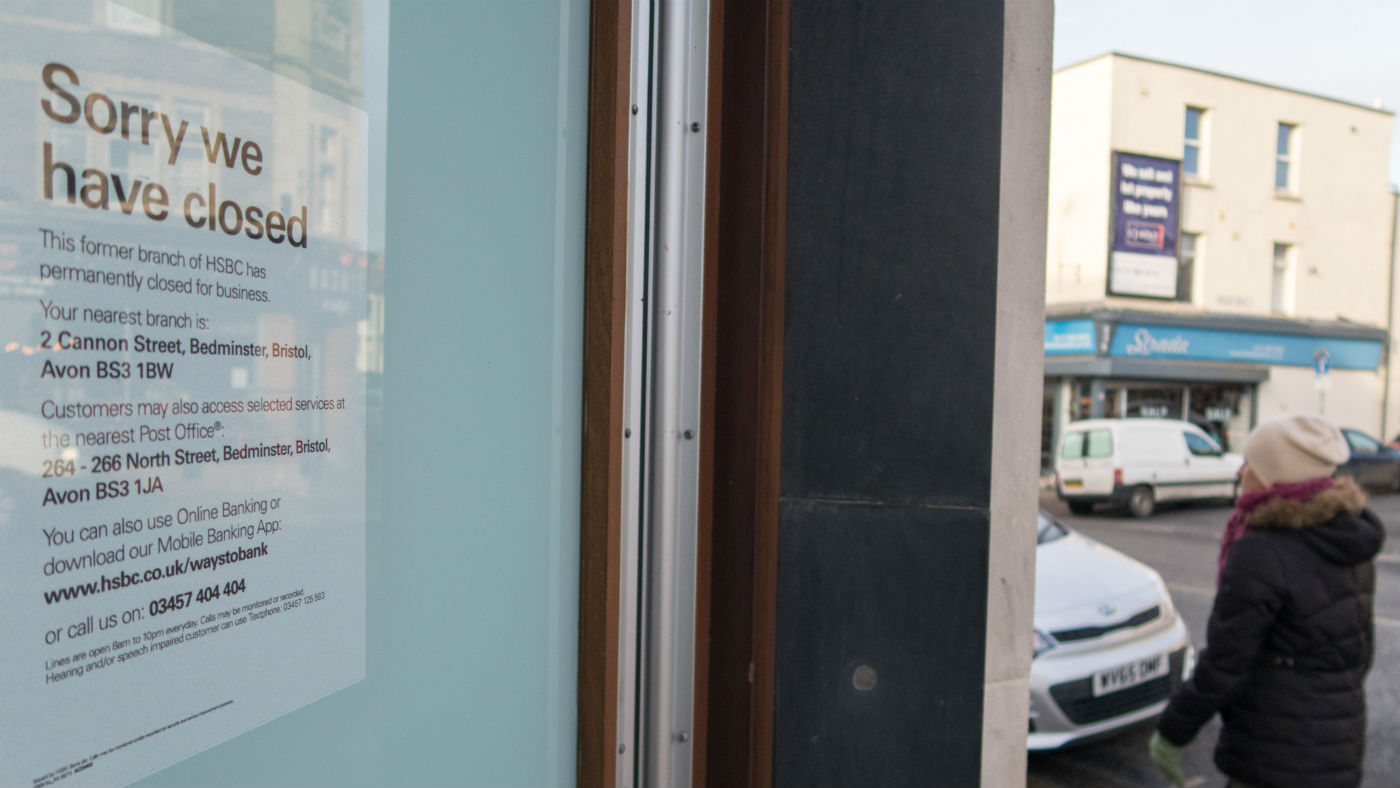 Could ‘banking hubs’ solve problem of branch closures?
Could ‘banking hubs’ solve problem of branch closures?Speed Read MPs fear large sections of society could face ‘financial exclusion’
-
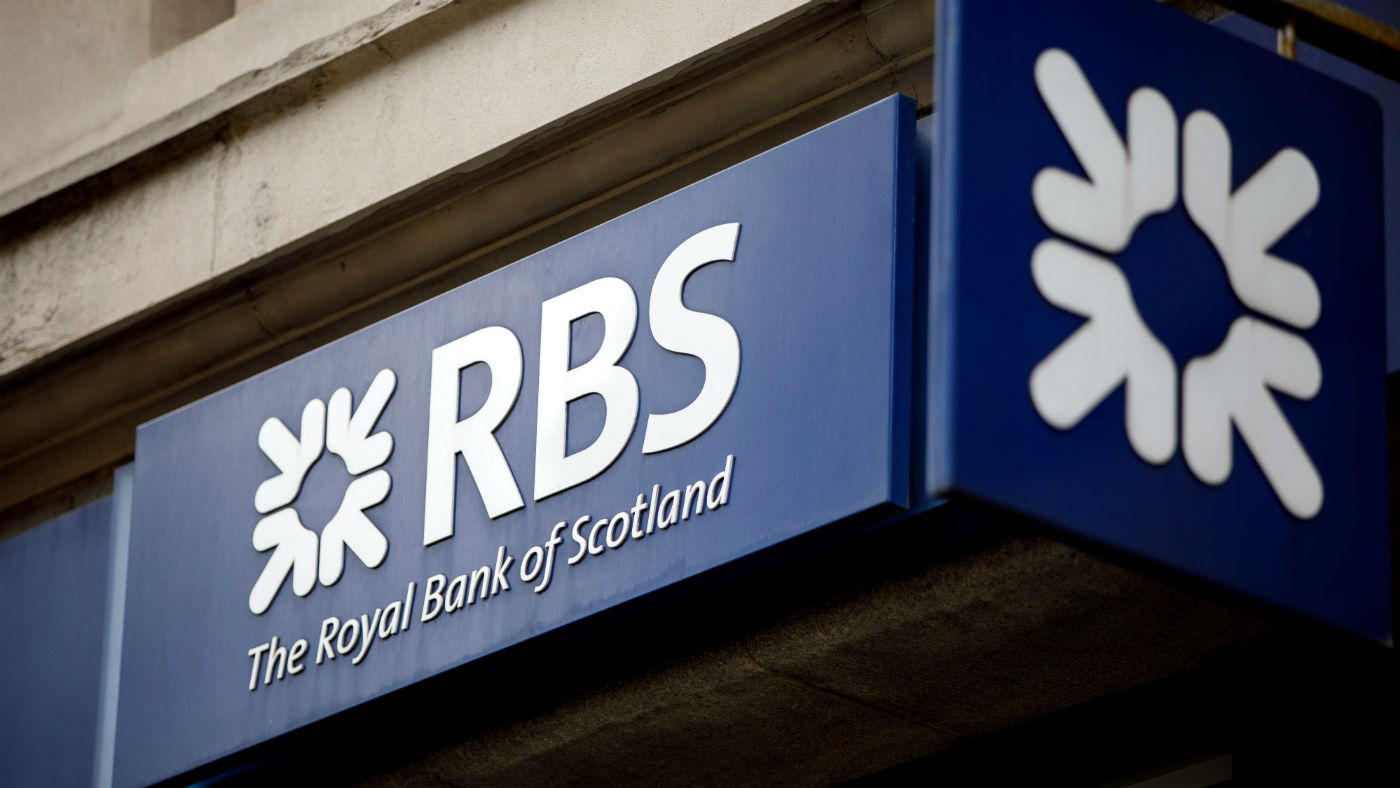 RBS to cut 162 branches and 792 jobs
RBS to cut 162 branches and 792 jobsSpeed Read Move comes days after taxpayer-owned bank announced 206% rise in profits
-
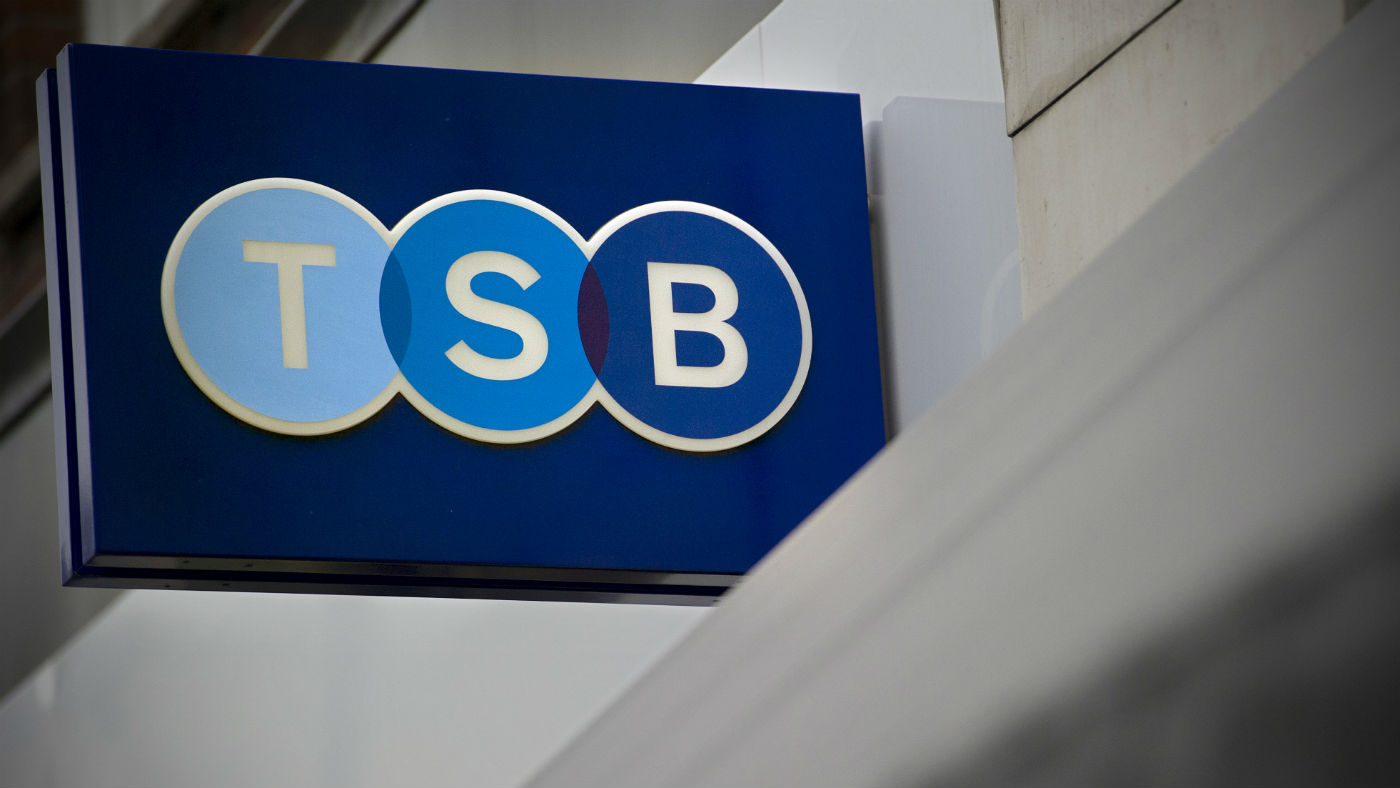 TSB crisis enters fourth day
TSB crisis enters fourth daySpeed Read Bank boss ‘sorry’ for IT chaos that has left customers unable to access accounts or make payments
-
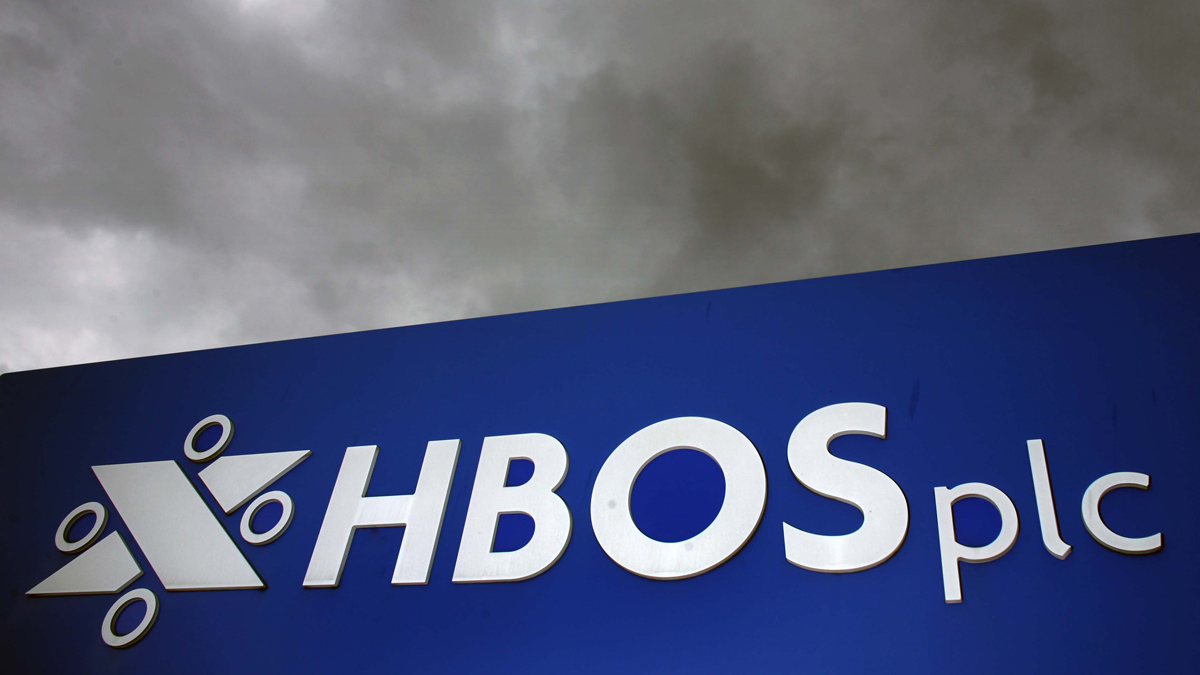 Lloyds shareholders in £350m claim win disclosure battle
Lloyds shareholders in £350m claim win disclosure battleIn Depth Judge rejects bank's argument that advice ahead of ill-fated takeover of Hbos is privileged